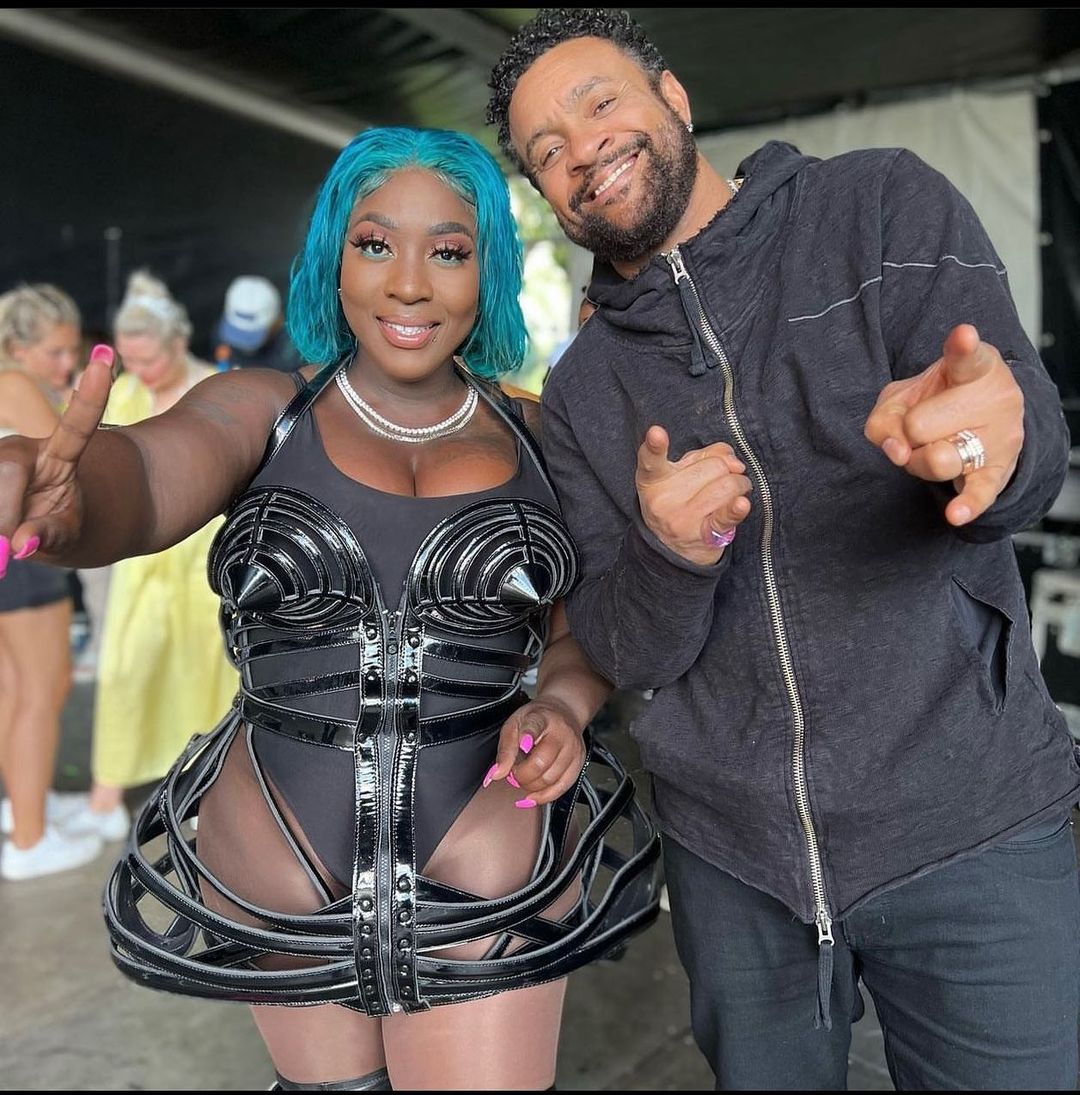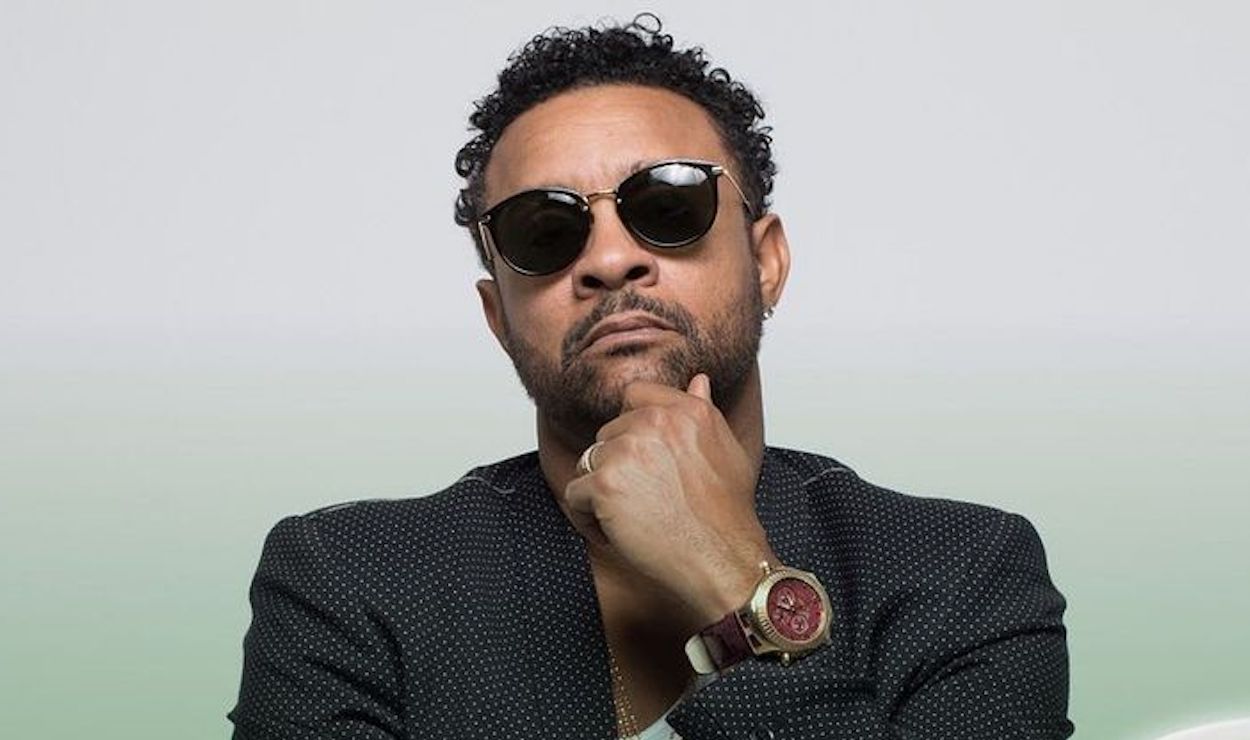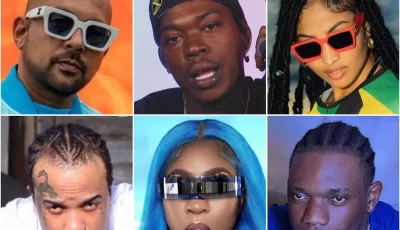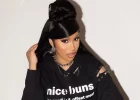Shaggy is constantly dropping gems and sharing his knowledge with younger artists. In a sit down with Anthony Miller on ER, the artist shares that it took him years to learn the business of dancehall before he was able to see his career bloom financially.
According to Shaggy, after networking with artists like Sting and traveling with others, he came to understand and see music and the kind of money it could make. The dancehall legend wants to see younger Jamaican artists tap into their full potential.
But while he is always willing to share information, the ‘Boombastic’ singer says that not all of the artists he crosses paths with are willing to be mentored.
“Put it this way, there is an old saying in Jamaica, carry the donkey to the water and you can’t make him drink. I’m not saying probably the first 10 won’t, but maybe you find one that does, maybe that one won’t be the most talented either but just the hardest worker and that always wins,” he says.
The artist also spoke about dancehall and reggae lagging commercially on the global stage while genres inspired by dancehall, like Afrobeats and Reggaeton, have gone mainstream.
“Education,” the artist says as he emphasizes the point that the lack of education is a big factor.
“I’ve seen artists who’ve gotten prime opportunities and because of hustle mentality decided they’re not gonna take it. If you get a manager who don’t know how to build a career they just know how to collect money, you’re gonna have a problem…for me, my biggest thing right in the position I am in now is to create a platform to teach. Anybody can come to me to ask me [anything],” he said as he explained that he had a lengthy conversation with Dexta Daps.
Shaggy added that emotional intelligence and seeing the big picture was very important, especially since an opportunity that doesn’t bring a lot of money may provide a doorway to something way bigger. The Jamaican artist added that he would not only mentor but also connect the artists with reputable lawyers and other professionals who can help their careers.

Shaggy also said he planned to bring industry professionals from the United States to speak to and share knowledge with artists.
“I want to bring some of my friends, people I deal with, the head of some of these companies and bring them down to Jamaica…just let people learn. It don’t cost people to do knowledge, just come in and learn and draw your own conclusion…there is music business but there’s also the business of music and you need to learn that part,” he continued.
“I’m telling you this 10% if I know then what I know now, I wouldn’t, the amount a money I woulda swim inna but I did not know and I was around people who didn’t know and didn’t want to admit they didn’t know,” Shaggy said.
Shaggy, who received an honorary doctorate from Brown University this year for his contribution to music and culture, has been in music for over two decades. The singer, who has had several notable gigs with Disney and has had his music featured on films soundtracks, shared that opportunities for artists are many but warned that not tapping in to expand potential risks losing major income.
“There’s so much to learn, it is so vast, the amount of avenues of income this entertainment business can bring and if you don’t know how to monetize it, you’re lost and other people will take it, once there’s an opportunity to take you they will,” he said.
Shaggy also touched on the recent debate that reggae belonged to Africa. Still, unlike some opinions which agreed with Stonebwoy, who drew the conclusion, the artist says that Jamaica’s contribution is undeniable and not to be confused with any other argument.
“Each one of these genres, whether it be Reggaeton, whether it be Afrobeats, whether it be Hip Hop, all derive from reggae and dancehall, whether they want to admit or not,” he said.
As for his career being successful, Shaggy says that he has little patience for disrespect as he pointed out that getting international collaborations isn’t as cut and dry as some of the bigger artists are quite disrespectful.
Shaggy did not name any artist, but he claimed that an artist had reached out to him to collaborate and then ghosted him. He also claimed that, in one instance, an artist had asked for $30,000 just to show up to shoot the music video. He also wanted first-class tickets and other ridiculous demands before the song was even commercially successful.
In another instance, he paid for the wardrobe for one artist, but the male artist showed up in a t-shirt to shoot the themed video. In other instances, Shaggy says that some artists are also unwilling to assist with promoting the song using something as simple as their social media.
“Then when dem deh pan the song, them don’t even give you a tweet,” he said as he highlighted working with Sean Paul, who has had to do a lot of work on his own to ensure the collaborations he releases are successful.






